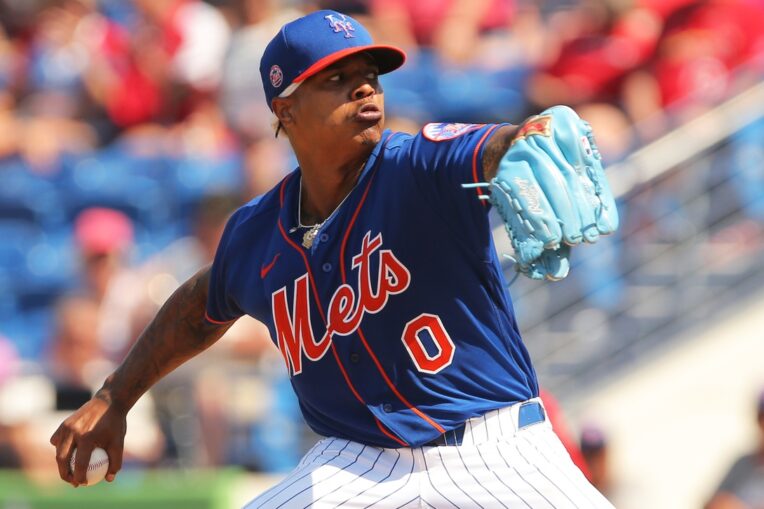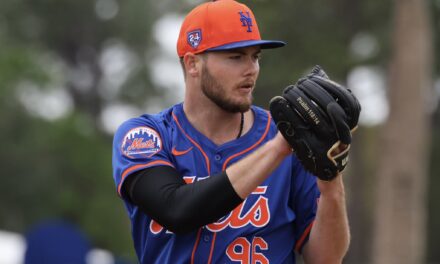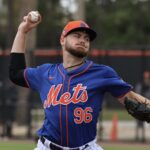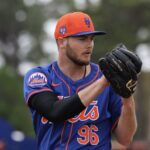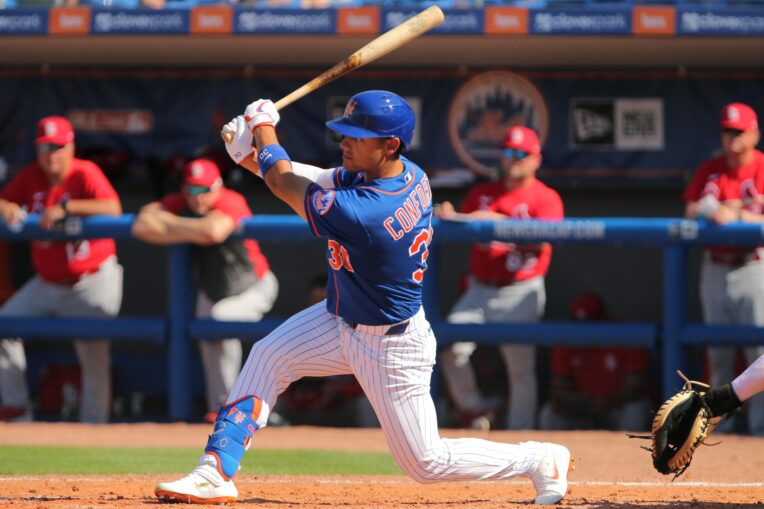
As Jeff Passan of ESPN reported late Thursday night, Major League Baseball and the MLB Players’ Association have come to an agreement on how to proceed regarding the ongoing — and far from concrete — ramifications of the global COVID-19 pandemic.
Since March 12, when Spring Training was suspended and the regular season was delayed indefinitely due to the spread of the novel coronavirus into the United States, the situation has evolved rapidly.
Following the Centers for Disease Control’s recommendation that any mass gatherings or large group events be canceled or postponed for at least eight weeks beginning on March 14, the reality of a lengthy delay to the start of the MLB season — due to begin on Thursday — began to sink in.
Also on Thursday, the state of New Hampshire enacted a statewide stay-at-home order through May 4. As this recursive virus continues to spread across the country, these hopeful “reopening” dates are going to continue to be pushed out further and further.
A proposed early-to-mid-July start to the regular season is still a remote possibility and with the addition of many, many doubleheaders to the schedule, a full — or darn close to it — season could be played. Unfortunately, the uncertainty of this situation even clouds that promising prospect.
With multi-million dollar contracts at stake, as well as the futures of arbitration-eligible players already in the majors, minor leaguers bubbling through their respective systems, and high school and college players preparing to be drafted or signed to free-agent contracts this summer hanging in the balance, the league and the players union had to act quickly. And they did.
Though, whether they collectively addressed all the issues on the table accordingly is another question altogether. When it comes to limiting the upcoming 2020 MLB draft to as little as five rounds and the possible continued slashing of rounds in future drafts, paving the way — and then some — for the proposed contraction of minor league teams, the answer is an emphatic no.
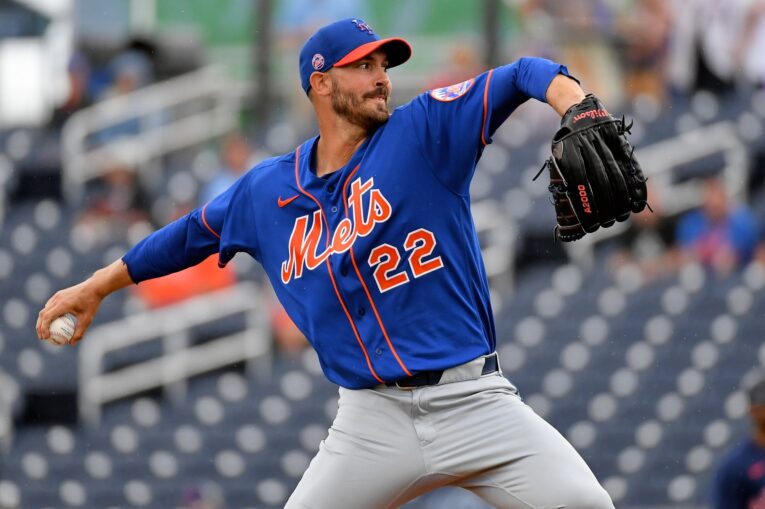
One wrinkle of the deal that did emerge late Thursday was regarding, as Passan put it, the “doomsday scenario of no 2020 season”. According to the report, if no season is played this year, players will get credit for full service-time. That means a lot.
Players set to hit free agency after the 2020 season won’t have the opportunity to showcase their skills ahead of hitting the open market, meaning Rick Porcello and Michael Wacha — two hurlers the Mets inked to respective one-year deals this offseason — might not ever actually play for the Mets.
Marcus Stroman, who was suddenly thrust into the number-two spot in the Mets’ rotation following the unexpected loss of Noah Syndergaard (torn right UCL) this week, might not get that chance, meaning the Mets possibly traded away two promising pitching prospects in Anthony Kay and Simeon Woods Richardson for Stroman’s services, and could only get 11 starts to from the Long Island-bred right-hander to show for it.
Arbitration clocks would be turned up a year, and for an arbitration-heavy roster like the Mets’, that could be the most detrimental aspect of this potential reality.
Michael Conforto, Syndergaard, and Steven Matz, all set to hit free agency after the 2021 season, would only have one more season in Flushing to prove their worth before the team has to decide if they want to commit long-term funds to this trio moving forward.
The gravy train of Brandon Nimmo‘s expected production value — he’s a free agent after the 2022 season, along with Edwin Diaz and Seth Lugo — would be stopped in its tracks.
All of these scenarios will continue to propel the push to make sure at least some baseball is played this season, but until the virus has run its course throughout the country, a 2020 MLB season will remain at the top of the list of the unknowns.
Speaking with Jake Tapper of CNN on Thursday night, MLB commissioner Ron Manfred was quite frank in that regard.
“We’re fortunate — we have a great panel of infectious disease experts that we rely on to help sort through the various pronouncements from different governmental agencies and politicians,” Manfred said. “And, you know, we will make a decision to resume only when we’re comfortable that the public health situation supports that decision.”
Be safe, friends. We’ll get through this.


